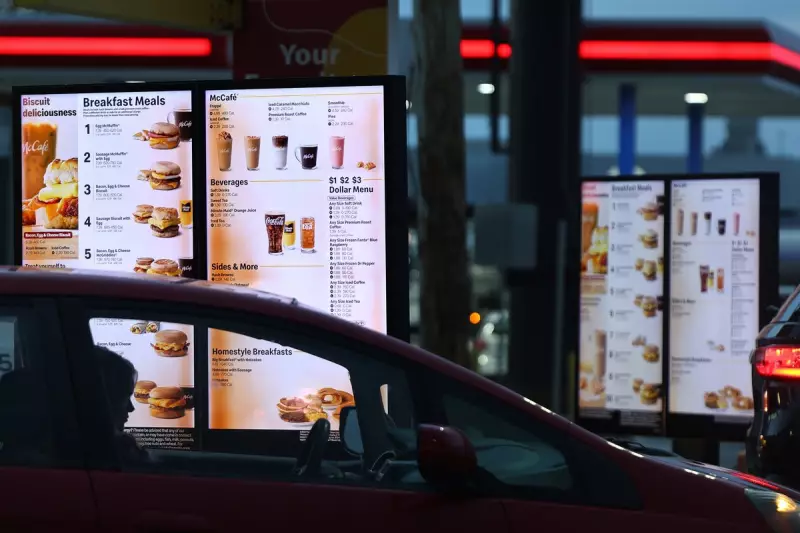
Fast-food giant McDonald's is facing a wave of customer astonishment after a single franchise in the US posted an eye-watering price for its most famous meal combination, raising alarm bells for patrons worldwide.
The viral shock began when a receipt from a branch in Darien, Connecticut, surfaced online. It revealed a staggering price of $18 for a Big Mac meal, a figure that has sent ripples through the fast-food community and beyond.
Breaking Down the $18 Meal Deal
This isn't a simple case of inflation. The now-infamous meal included two Big Macs, a large portion of fries, and a large soft drink. While this is a larger order than a standard combo, the total cost has been labelled as "outrageous" by social media users and industry commentators alike.
The backlash was swift and severe, with many former loyal customers declaring they would no longer frequent the golden arches. This incident has ignited a fierce debate about shrinking wallets and expanding menus in the current economic climate.
A Sign of Global Trends? What It Means for the UK
Although this specific price point is an extreme example from one US location, it acts as a stark warning. McDonald's, like many other businesses, has been gradually increasing prices globally to combat rising costs for ingredients, energy, and labour.
For British consumers already grappling with a severe cost-of-living crisis, the prospect of similar hikes at their local McDonald's is a worrying one. It prompts a critical question: Is the era of affordable fast food coming to an end?
The company has stated that pricing is primarily set by individual franchise owners, leading to significant variations between locations, even within the same city. This means while a meal might cost a fortune in one town, it could be marginally cheaper in another.
Nevertheless, the Darien receipt has become a potent symbol of a broader trend, forcing many to reconsider their spending habits on what was once considered a cheap and predictable treat.




